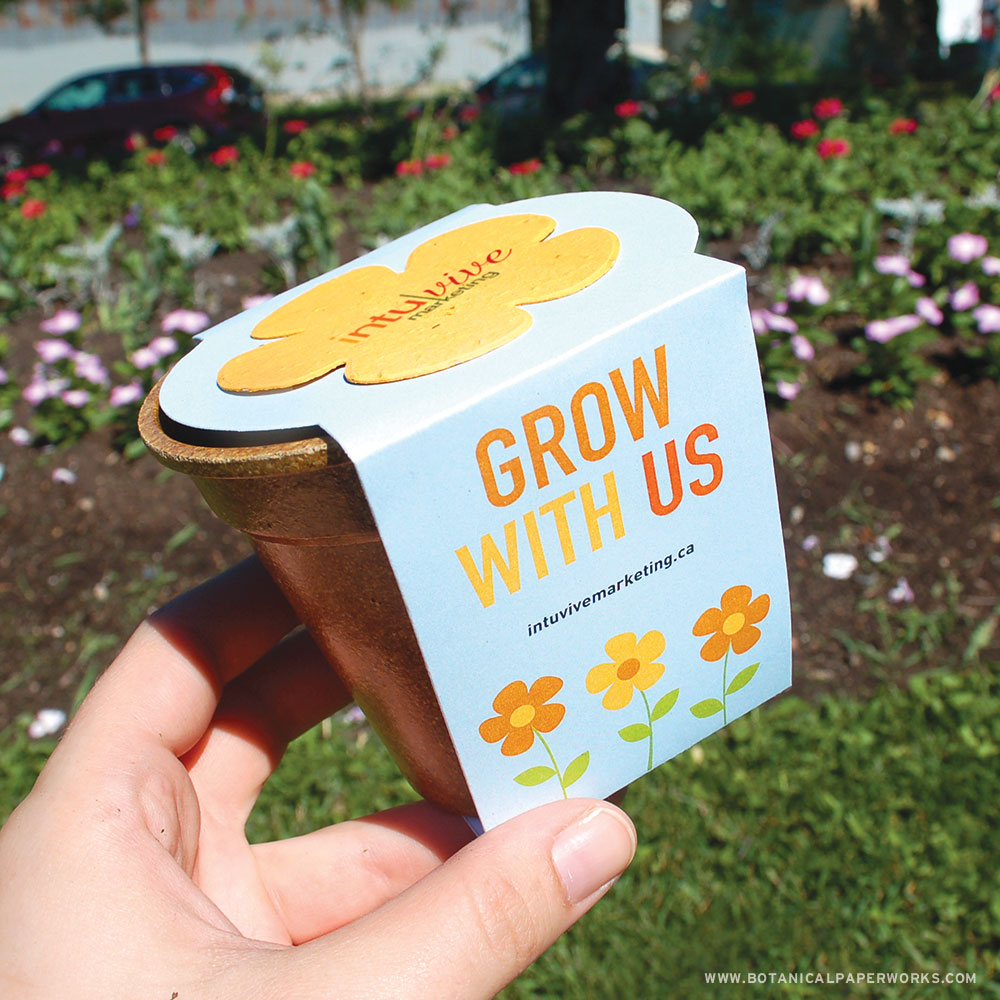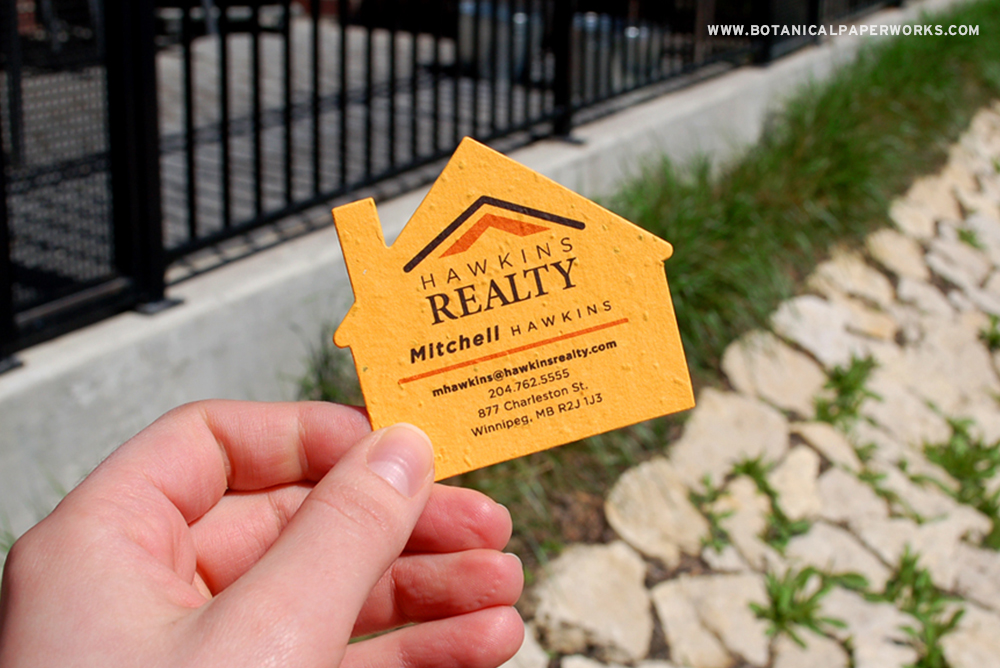Door Knocking in Real Estate
We’re tackling one of the most raw prospecting tactics out there – door knocking. That’s right, the strategy that puts you directly on someone’s doorstep with the hopes of generating leads. Anxious yet?

If so, you’re not alone – many agents shudder at the thought of it… but some agents swear by door knocking.
If it was easy, everyone would do it
Hustlers everywhere
So, if you’re wondering whether or not door knocking is a tactic worth adding to your prospecting tool belt, you’re in the right place.
In this post, we’ll cover everything from the pros and cons of door knocking to the best practices to make sure you’re doing it successfully. So get ready to hit the streets!
Here’s what we’ll cover:
- What is Door Knocking?
- Preparation & Approach
- Door Knocking Scripts
- Handling Rejection
- Resilience and Consistency
- Door Knocking Gifts to Leave Behind
- Safety
- Criticism & Caution
- Alternatives to Door Knocking
What is Door Knocking?
Door knocking is when agents go door to door in a neighborhood speaking to residents in an effort to establish themselves in that area to ultimately win more listings. This face-to-face approach often goes hand in hand with a real estate agent’s geographic farming…but not always.
Some agents that don’t have the budget to maintain a farm will door knock instead. Other agents that are scouting out new areas for geographic farming may use door knocking as a way to test that market before investing in maintaining a farm there.
When, door knocking agents will try to make connections with residents and develop rapport. The goal isn’t to win a listing or even a listing appointment right there.
And to emphasize this point, here are some door knocking statistics gathered from real estate agents:
- 20% of door knocking attempts results in a conversation
- 10% of these conversations will actually pan out as a lead after the right mid/long term nurturing
- So the effective conversion rate is 2%…and that requires disciplined follow up
So keep in mind that door knocking it not being a door to door salesman. It’s just to plant a few seeds and start establishing the brand. As part of that, usually agents will have some marketing collateral to leave behind whether or not the resident answers the door.
So let’s get into some tips to make door knocking successful.
Preparation
Preparation is key to successful…well almost anything BUT definitely for door knocking in real estate. Before you start knocking on every door in the neighborhood, it’s important to do some research and prepare yourself with the right tools and information.
Knowing the neighborhood and qualifying it as a good area for prospecting is an absolute prerequisite. That includes knowing:
- the number of residents and their demographics
- breakdown of property types in the area (condos, SFRs, apartments, etc)
- percentage of owner occupants
- real estate market stats like average sale price, number of transactions, and which teams and agents are vying for the listings (if your team has done business in the area it will make conversations a lot easier – see Door Knocking Scripts below)
- details on school districts, local landmarks, and major property or infrastructure developments nearby
The result of all this research should be a decision on which neighborhood(s) have your ideal clients, market conditions, and are winnable from a competition standpoint. Targeting the right neighborhoods increase your chances of earning business.
Once you have your neighborhood(s) picked out, plan how much time you can spend door knocking and then assume you’ll hit 20-30 houses per hour.
We’ll discuss scripts in the next section but in addition communication, you should also be prepared with something to give out. This could be your business card, a neighborhood market report, or a small gift like a magnet or a branded pen. The idea is to leave something to help the resident remember you…and the more it makes you stand out from other agents, the better (so get creative). Also using QR Codes is a great way for residents to see a more interactive, digital version of what you and your business is about. So whenever possible include a QR Code in your real estate marketing collateral. Also door hangers are good to use when someone doesn’t answer the door.
Also have a plan to keep notes of who you meet and what you discussed. You don’t want to spend a lot of time inputting notes between houses, but this info will help as you continue outreach in the area.
Approach
As a real estate agent, you already know that first impressions are crucial. So, when it comes to door knocking, you want to make sure your approach is confident, friendly, and positive. Many agents stress the importance of going in with a positive mindset, even if you’re feeling a little nervous. Remember, you’re there to help potential clients with their real estate needs.
One important thing to keep in mind is that you don’t want to come across as too sales-y or pushy. Instead of a hardcore sales pitch, try positioning yourself as a helpful resource for homeowners. Remember, they’re likely to have questions about their home, neighborhood, or the market in general, and you can provide valuable insights and information.
Another great tip shared by top agents is to have a clear reason for knocking on someone’s door. Maybe you or your team closed a sale nearby and you want to tell neighbors about how it impacts their property value OR you have a lot of buyers already interested in that neighborhood or you want to mention an upcoming Open House in the area. Whatever the reason, having a purpose behind your door knocking makes the conversation more natural and therefore improves prospecting.
Lastly, after you get a good conversation kicked off be sure to listen more than you talk. Active listening is a key skill for any agent, and it can be especially helpful when you’re trying to build rapport with someone you just met. Remember that it’s not about closing a deal right then and there. Building relationships takes time, and every conversation is an opportunity to make a connection that could pay off down the line.
If you can get their contact info in a casual, low pressure way, you can send a follow up phone call, text or email. Also regardless of getting contact info, if you think the person could be a promising prospect, sending a handwritten note a few days later is a personal touch that is extra memorable.
Door Knocking Scripts
Here’s a video from Ricky Carruth YouTube’s channel where Ben Stephen shows his approach to door knocking which has gotten him 400 emails for seller prospecting.
Here’s another door knocking script using social proof and teasing at built-in demand
Good afternoon, I’m [your name] with [real estate company]. My team sold the property down the street and I just wanted to introduce myself.
[insert small talk and rapport building]
You may have heard we received multiple offers on that property and, of course, we could only accept one. The home sold well above asking price and these other buyers are still looking for a home in [neighborhood]. Who do you know who would like to sell their home in the area?
Handling Rejection
Here’s why door knocking isn’t for the feint of heart. Rejection is part of the process. Even for the pros that live by this strategy, a 90% rejection rate is expected.
Success consists of going from failure to failure without loss of enthusiasm.
Winston Churchill
So not taking rejection personally and going for it again (with equal enthusiasm) is part of the process.

So be prepared: some people might be rude and even close the door abruptly. So try and remain unphased, maintain a thick skin, and keep moving.
As a real estate agent, it’s important to maintain a thick skin during rejection. Here’s why it’s especially important for door knocking though: door knocking is part of a long term strategy and over time people can be won over. Sometimes, responding to a rude person with a positive attitude can be disarming and win them over right away. However, if you get angry or knocked off your game by a difficult interaction, the chances to win someone over decline quickly. So do everything you can to stay calm and maintain a friendly, professional attitude even when you’re dealing with a total 🤬.

Last note is to keep track of the objections you receive while door knocking and think through relevant objection handling tactics to improve your pitches in the future.
And above all, when dealing with rejection, shake it off, keep your head up, your smile on, and keep moving. With a positive attitude and a thick skin, you can make door knocking work for you and your real estate business.
Resilience and Consistency
Door knocking requires resilience and persistence. Many agents agree door knocking is not for the weak. But agents that are willing to put up with some rejection and keep pushing through have seen plenty of success.
In the Lab Coat Agents Facebook Group there are questions about door knocking raised regularly and it’s not uncommon for agents to discuss their success. For example recently an agent shared that they get 40 listings per year directly attributable to door knocking.
However, they admitted these results weren’t just by door knocking once or twice and then giving up. Instead, they created a consistent routine and stuck with it. Whether you’re committing to knocking on doors every week or at least one day month, consistency is crucial for building relationships with potential clients and generating seller leads.
And don’t forget…it’s not just mentally exhausting. It can be physically tiring, especially if you’re walking through neighborhoods in extreme weather conditions.
As a side note to the repetitive nature of door knocking, be sure to keep track of all the contacts you make while door knocking so you don’t lose track of people and the conversations you’ve had. And as soon as you get someone’s contact info add them to your Real Estate CRM and follow up with them regularly with relevant information or updates.
Overall, while door knocking may not be the easiest prospecting method out there, it’s one that can pay off with patience, resilience, and consistency. By taking some of the tips we’ve discussed in this post and combining them with a positive attitude and a willingness to put in the work, you may just find that door knocking becomes one of your most successful lead generation strategies.
Door Knocking Gifts to Leave Behind
Generally speaking, door knocking statistics predict a 20% response rate…so what do you do the remaining 80% of the time? Here are a few ideas:
Business cards made of “seed paper”: these make clever real estate door knocking gifts to leave behind. Especially if you put them in a small pot with soil. This combo is certain to get the attention of your prospect and depending on packaging it can be really inexpensive.


Handwritten note: if it’s a promising prospect (ex: they’re the immediate neighbor to a property you listed) that you’re willing to spend a little time on, then leave a handwritten note:
“Hello, my name is _________. I’m a real estate agent with ______________. I’m sorry I missed the opportunity to speak to you today. I’ve been researching homes in your area, and I see that one of your neighbors recently sold a home for $750,000. I believe you could get a similar value for your home. Have you considered selling?
I would love to talk to you more about this matter. If you are interested, feel free to call or email me at __________ or ____________.
Sincerely, _____________
Safety
When it comes to door knocking, it’s essential to prioritize your safety. One of the most crucial tips to follow while door knocking is to go with a partner. Not only is it better for your well-being to have someone to watch your back, but it’s also reassuring for the client to see that you’re not alone. Going with someone else can also help you stay motivated keep at it and increase your prospecting chances. If you can’t go with a partner, make sure someone knows exactly where you are and you’re checking in with them regularly just in case.
Also while all dogs go to heaven, they also have notoriously bad eyesight which means a door knocking real estate agents can easily be confused with the dog hating mailman. So be cautious of any dogs on the property. Even if a dog seems friendly, it’s always best to stay alert and ensure that you’re not putting yourself in danger.
Lastly, it’s crucial to respect signs indicating ‘no solicitation’ or ‘private property.’ These signs are typically a clear indication that the resident does not want to be disturbed, and it’s probably best to respect their wishes (and save yourself the time).
Criticism & Caution
It’s not all sunshine and rainbows when it comes to door knocking as a prospecting tactic. While there are success stories you should also consider whether it makes sense for your skill set and goals in real estate.
There are plenty of door knocking naysayers in the realtor community. Here are the common reasons agents dislike door knocking as a prospecting tactic:
- Many agents express a dislike for door knocking, considering it annoying or intrusive (and outdated) especially when no prior appointment is made.
- With the prevalence of remote work, infants sleeping, or unexpected family emergencies, unscheduled visitors may not always be welcome.
- Door knocking may not suit everyone and should be approached with caution, especially by new agents lacking the experience or skills to handle rejection or negative feedback.
Alternatives to Door Knocking
While door knocking can be an effective way to connect with potential clients, it’s not for everyone. Some may find it intrusive or outdated – and that’s okay!

Fortunately, there are plenty of alternative strategies you can use to build seller relationships without ever having to knock on a door:
- Geographic farming and direct mail campaigns: often geographic farming is done along with door knocking but more established agents (that also have the budget) will skip door knocking and maintain their local presence with regular mail campaigns. That said, it takes a while (and it ain’t cheap) for these campaigns to bear fruit (pun intended 🥁).
- Being a digital mayor: Instagram, Facebook, Nextdoor, Zillow, Realtor.com, Google Maps, Waze and many more platforms allow you to market to a specific geographic area. It’s not as personal as meeting someone face to face but it scales infinitely and also includes sophisticated tracking of which platforms and campaigns have the best results. Keep in mind most of these platforms involve paid advertising in order to properly geotarget marketing. Learn more in our social media marketing tips article.
- Hosting Open Houses: this is a great way to meet the neighborhood in a less intrusive way. Even if you don’t have a listing, you can host an Open House for another agent in your target market. And in many cases some nosey neighbors will stroll into the Open House. The conversation is always easier when they’re knocking on your door vs the other way around.
Final Recommendation
Let’s face it…for agents who dread the idea of approaching strangers (especially unannounced at their front door), door knocking is a dicey proposition.
Door knocking is best suited for those who are highly motivated because the process may be slow, filled with rejection but if you can persevere there are tangible results.
Not only can you establish a meaningful personal connection with potential sellers, but it’s free! You’re not paying for online leads, print marketing, or hosting elaborate client events.
That being said, it’s important to be realistic about the potential outcomes of door knocking. There’s a real chance that you may go weeks or months without getting a listing appointment from the prospects you meet door knocking.
If you do decide to give door knocking a try, it’s important to approach it with the right mindset. Don’t be discouraged by rejection; instead, use it as a learning experience.
Ultimately, the best approach is the one that works for you and your business. So don’t be afraid to get creative and experiment with different door knocking scripts until you find what yields the best results.



